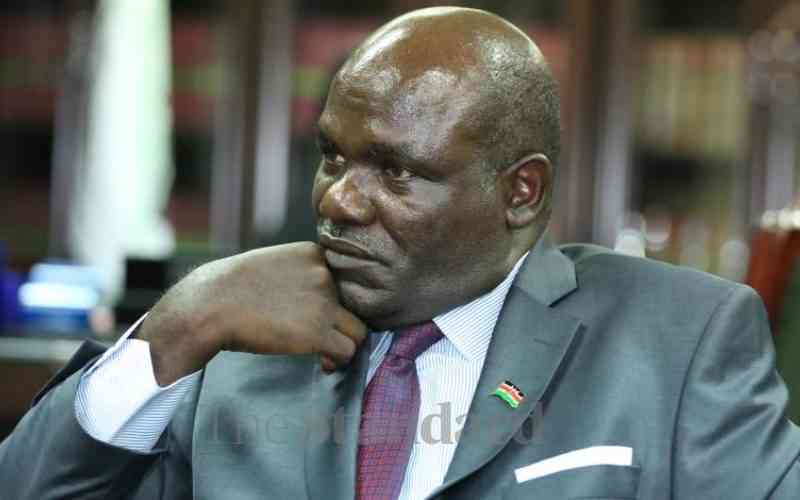×
The Standard e-Paper
Join Thousands Daily

There is never a good time to be the chairperson of the electoral commission, especially in Kenya where the stakes of the elections are always high.
Ask former chair Isaak Hassan and his response would be affirmative. Former chairmen Zacheaus Chesoni and Samuel Kivuitu had it rough too. The current chairperson of the Independent Electoral and Boundaries Commission Wafula Chebukati is living this reality.